LPPA
Working together the possibilities are endless…
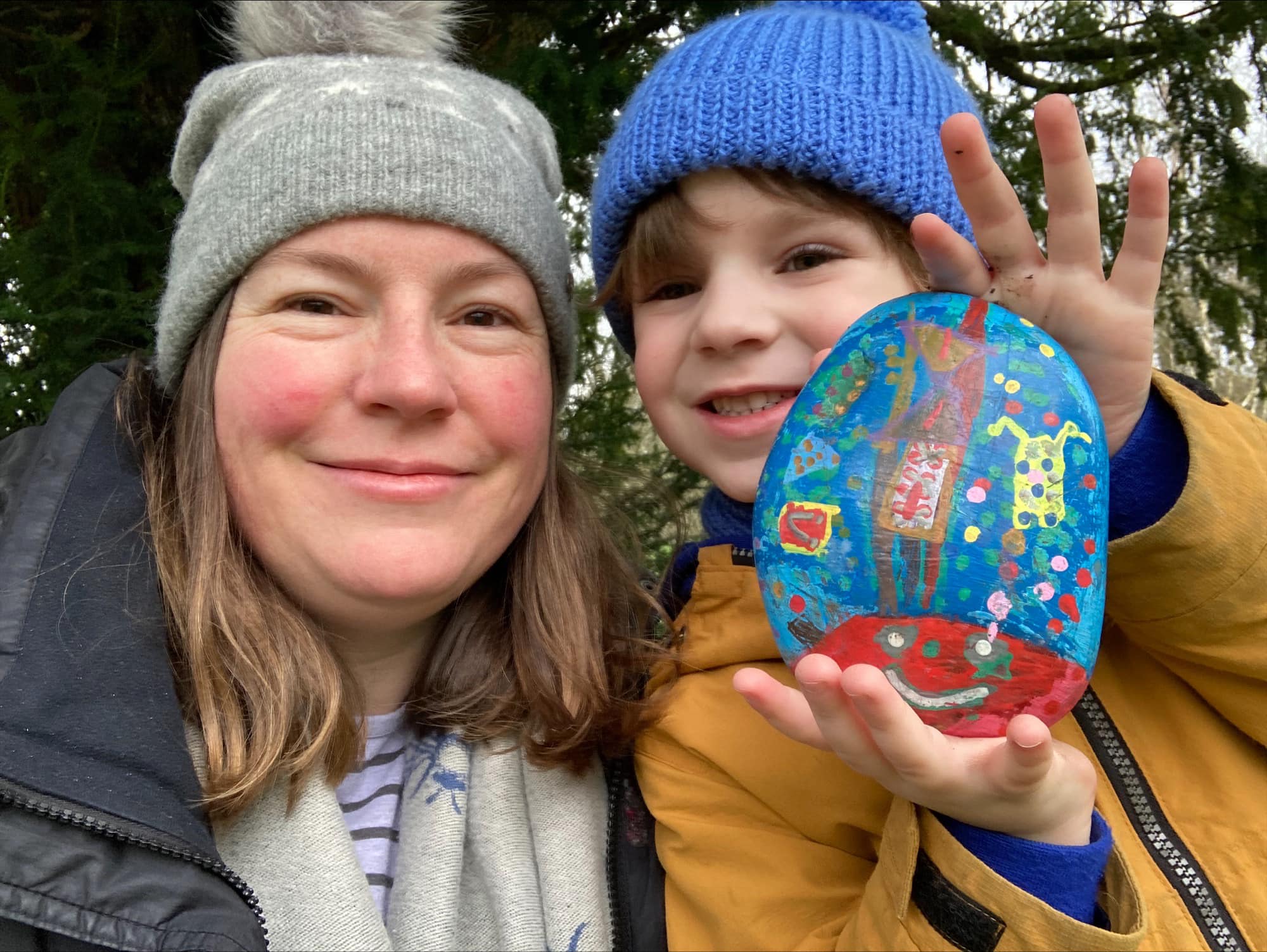
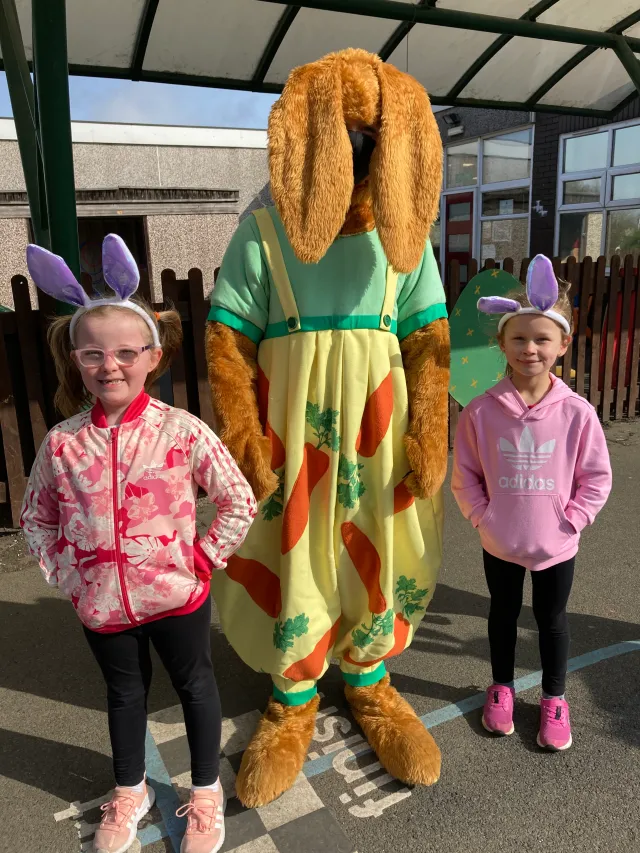
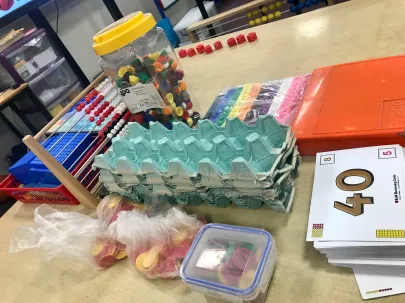
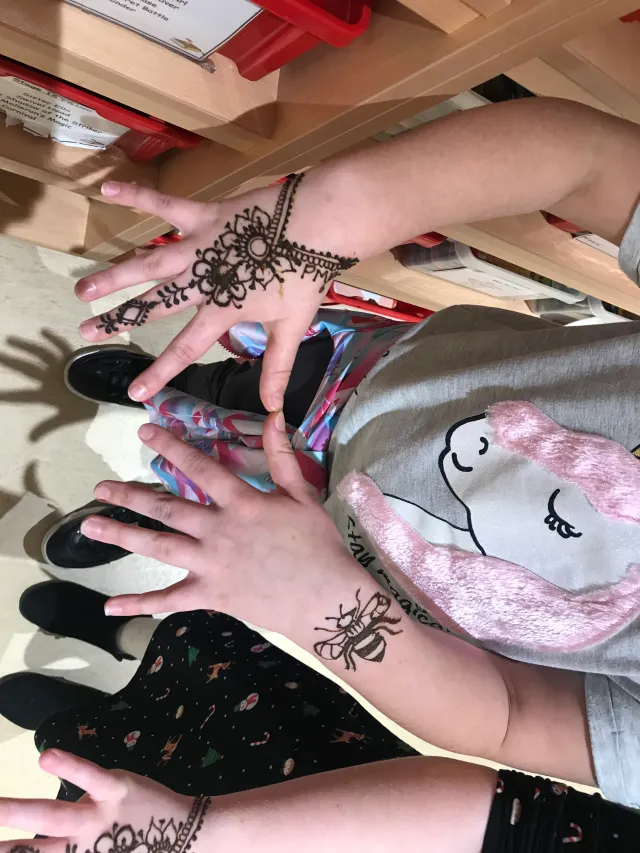
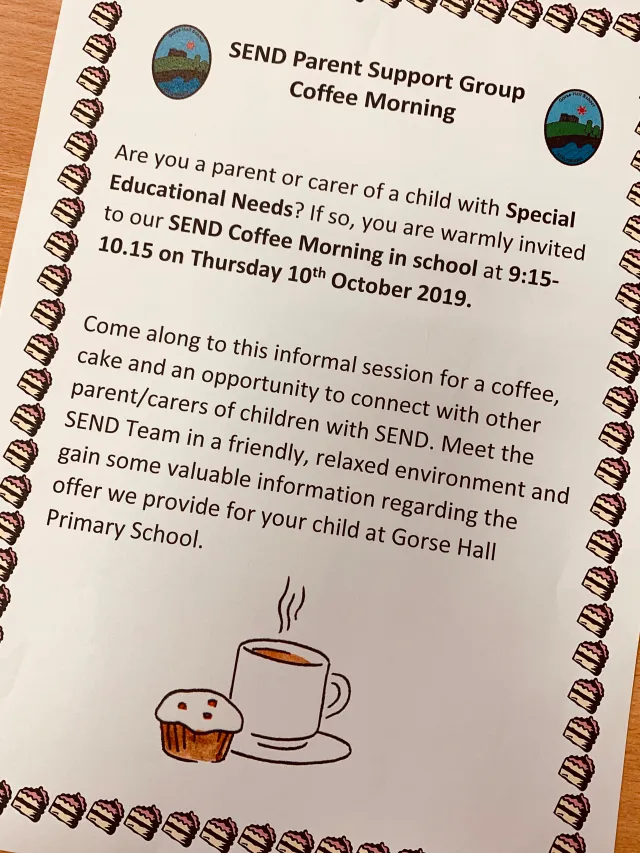
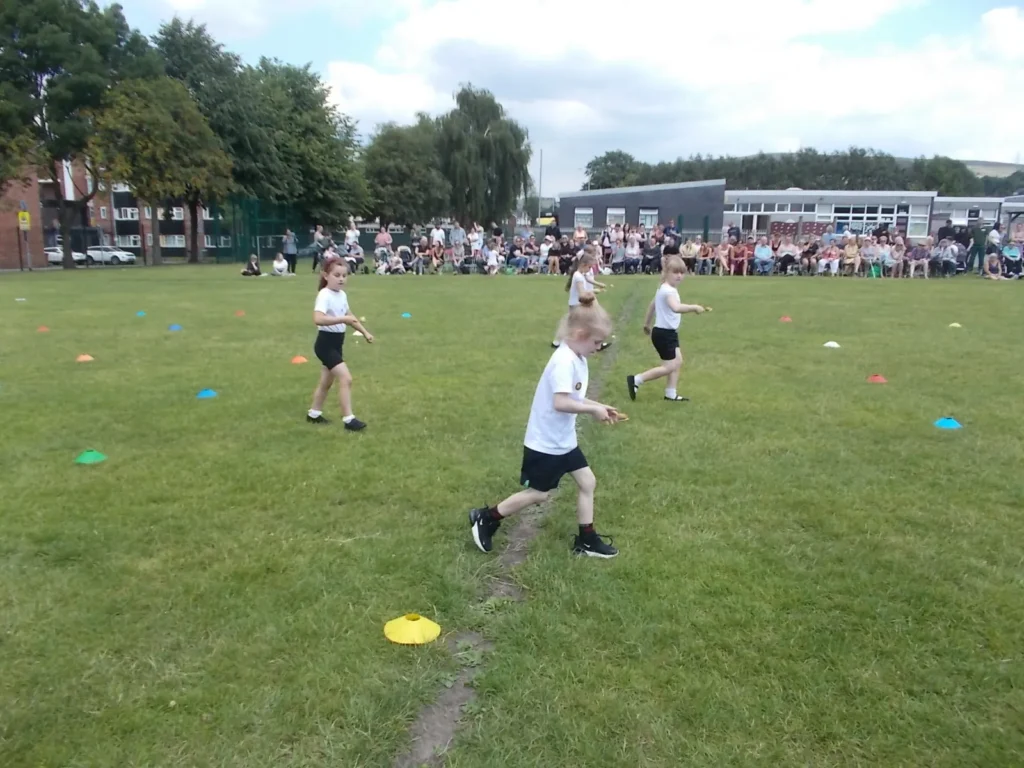
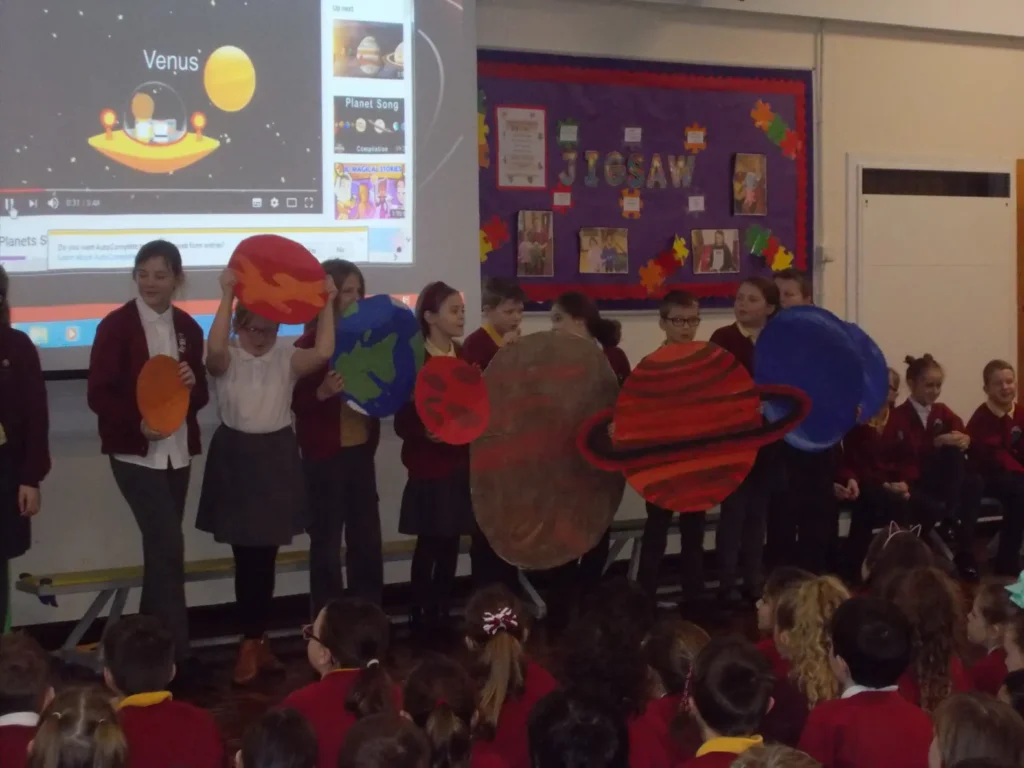
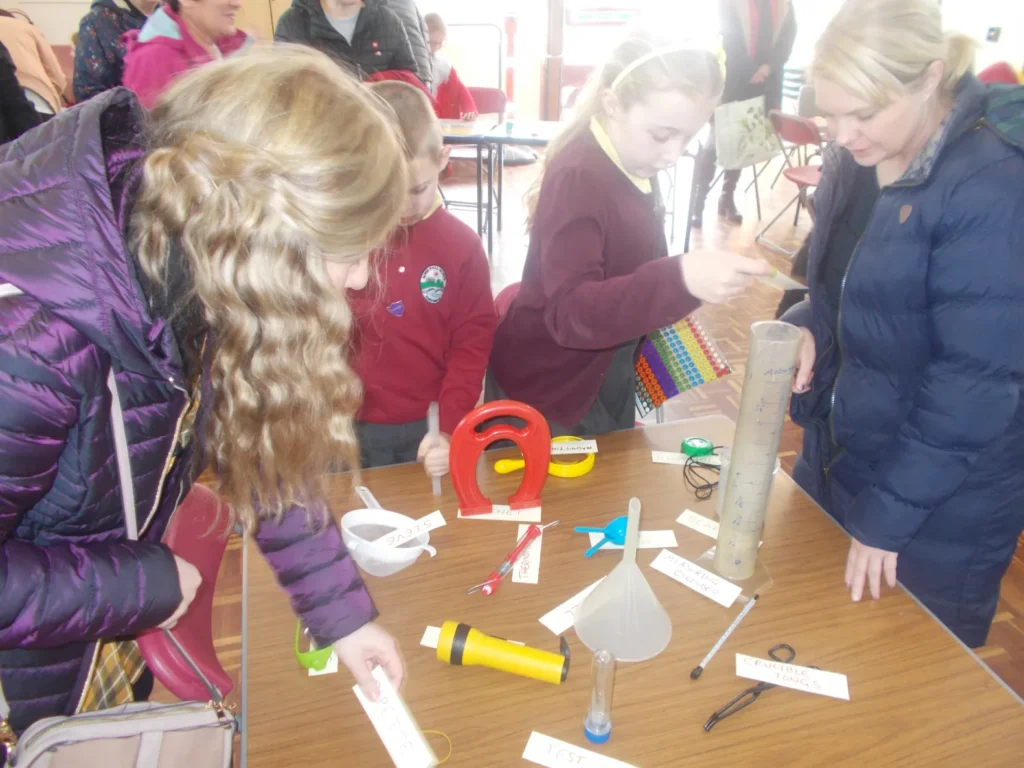

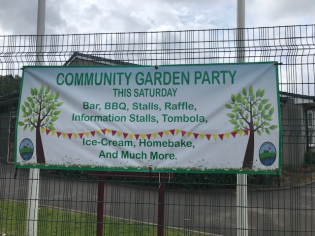
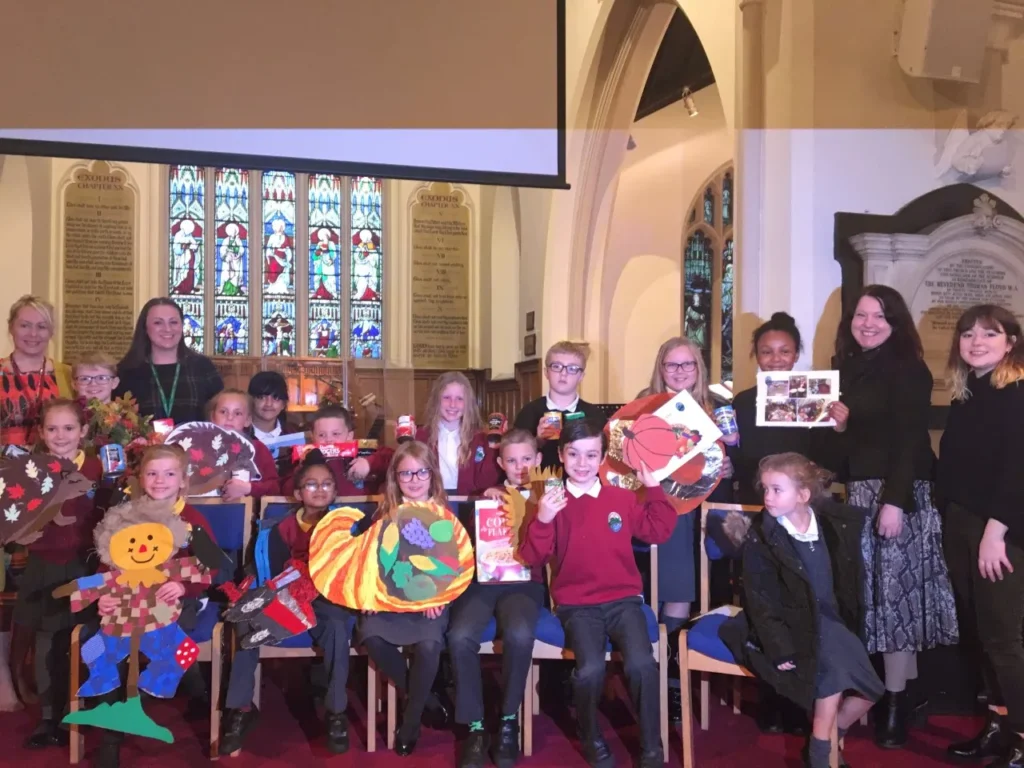

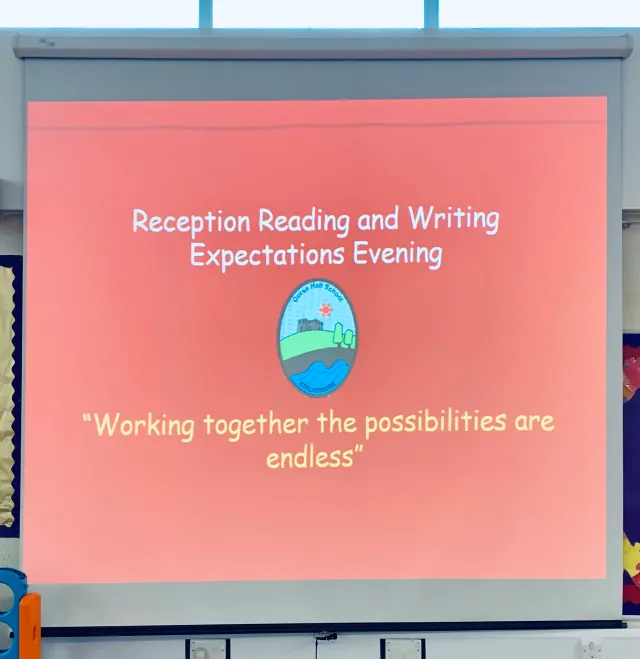

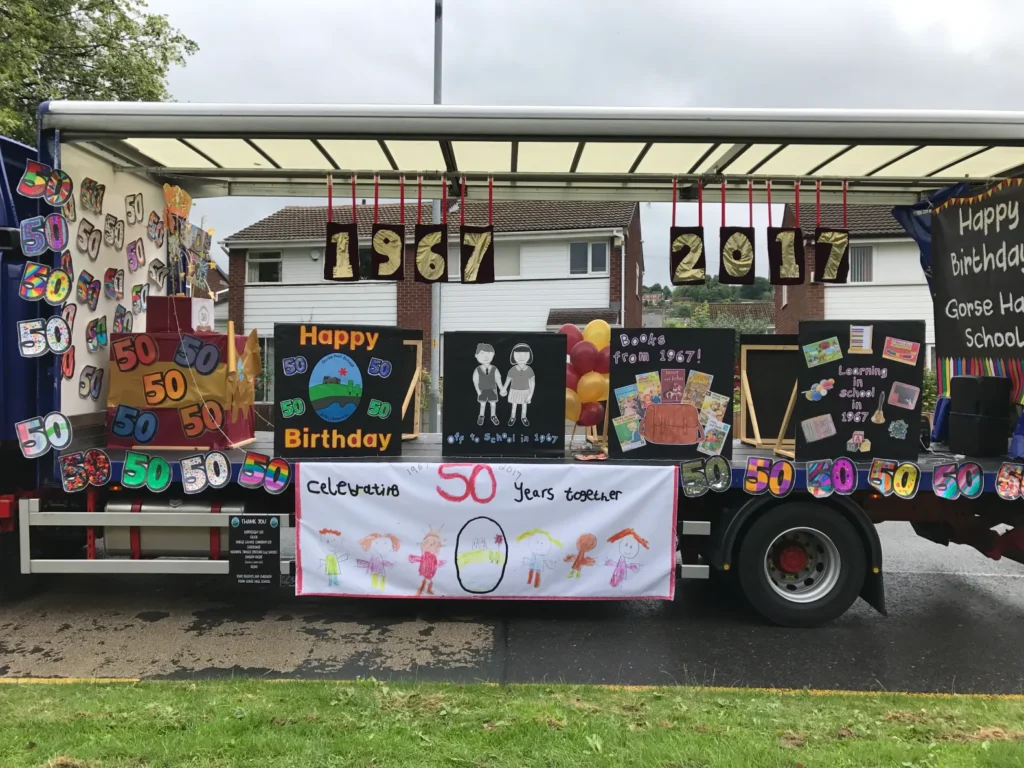
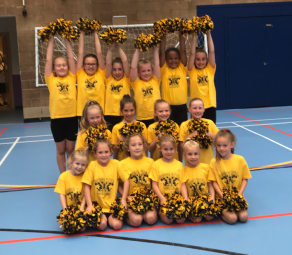


We received our most recent Leading Parent Partnership Award in July 2023- we are extremely proud of this achievement.
The Assessor commented:
Since the last LPPA assessment it was evident from discussions with the head teacher, LLPA leads, governors and staff that the pandemic had been challenging but as the headteacher explained: ‘ it made us change our procedures and adapt quickly.’ The school was determined to maintain their clear commitment to inclusive practice and to supporting all parents at all times and therefore remained open all through the pandemic. Staff therefore maintained close contact with all parents providing remote learning, food parcels, free laptops, access to Wi-Fi as well as offering emotional support. These actions have resulted in a strong partnership between the school and parents with a high level of trust. Staff also demonstrated they create a range of opportunities for parents to support their child’s learning and promote their well-being. Parents were very positive in their praise of how the school supports both their child and themselves stating ‘staff go above and beyond to help children’ and ‘it is a very nurturing school.’ They valued the wide range of communication approaches including use of Facebook, the website, monthly newsletters, Seesaw and Arbor. They reported they were regularly asked for feedback on a wide range of issues and ‘all information is very accessible.’
Pupils spoke with pride about their school and were proud to represent the school council. They reported the school ‘is like a big family’, ‘it’s happy, friendly and fun’ and ‘teachers always help.’ They all said there were lots of opportunities for parents to come into school and enjoyed the Science Market where children ‘make an activity and then our parents try them out to see how they work and what we learn.’
A governor described how the governing body is well informed and places a high priority on inclusive practice. She said she was confident parents found the school ‘very approachable and parents know they can speak to anybody and they wouldn’t be sent away.’
Areas for development:
Evaluate the use of Seesaw in Year 3 with a view to extending it to all classes in KS2
Develop the role of Parent Champions to further promote engaging ‘harder to reach parents’
KS2 Pupil Reading Champions , with support from staff, to develop resources to share with parents
Introduce a parent section in the half termly newsletter
Continue the parent SEND peer group and evaluate its impact
The assistant LPPA leads to mentor and support the new LPPA lead
Useful Links:
